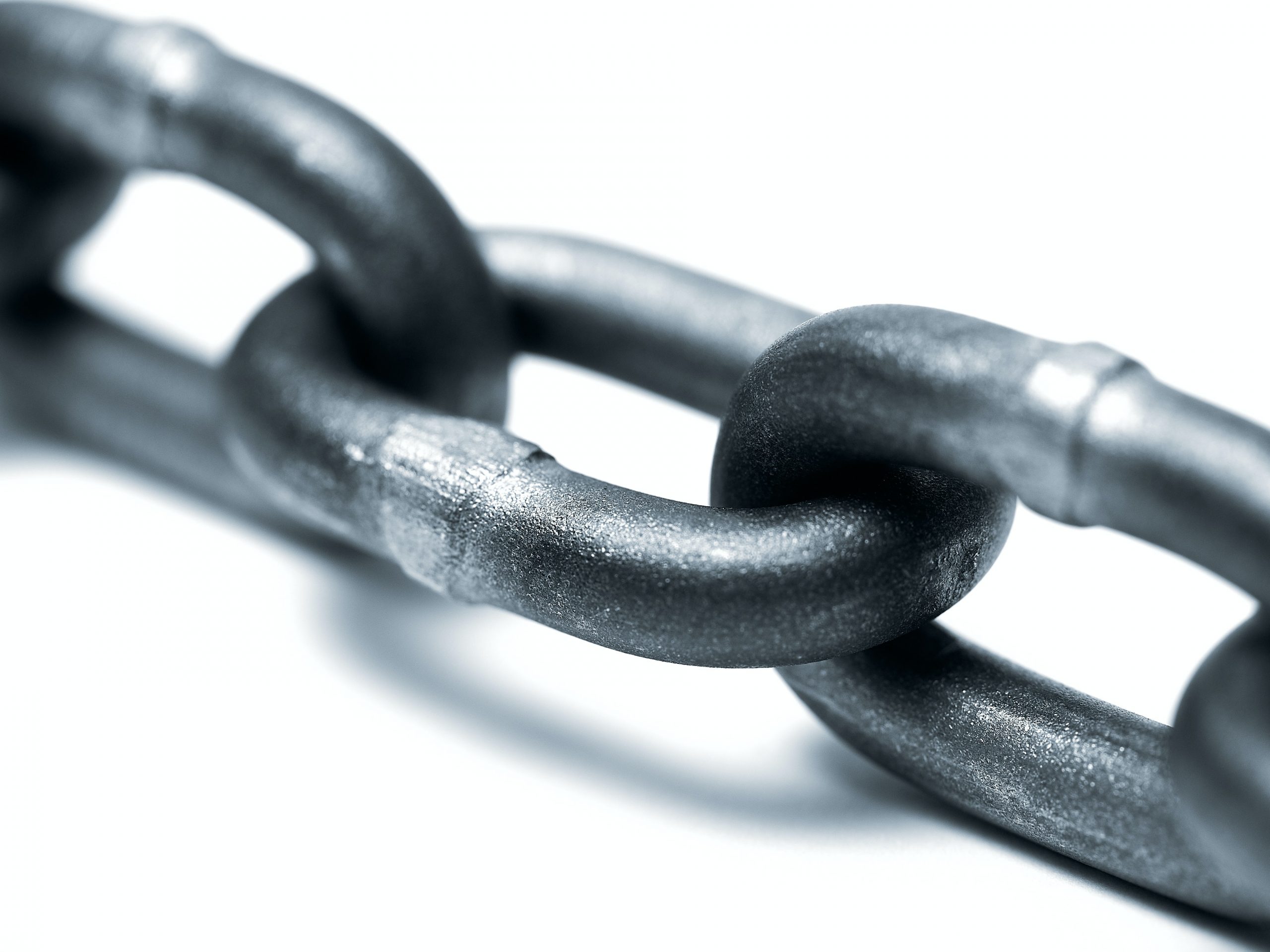Purchase a house recently? I did … and it was a painful 4-weeks long process. But why?
Real-estate transactions today are slow, archaic, expensive, and risky. Blockchain could revolutionize this by modernizing data sharing, improving trust, reducing transaction time, and reducing overall cost.
My home purchase took 4 weeks to complete the transaction because I needed to coordinate the sale between the realtor, the lawyer, my bank, my insurer, and my employer. All of this “work” was needed to “prove” that I met the requirements to purchase the house.
And the fees? About $2,000 because the data needed for the “proof” were held centrally by various gatekeepers (e.g., bank, land titles office, employer, etc.).
Blockchain Technologies for Real-Estate Transactions
The real-estate industry can leverage blockchain technology in a variety of areas. The following are the possible improvements to real-estate transactions if blockchain was used:
- Data accessibility: Records are decentralized allowing rapid access to the data. No need to request for information or involve an intermediary (e.g., bank).
- High-speed transactions: The speed of transactions increases dramatically compared to depending on centralized systems.
- Trusted: All records in the blockchain are immutable, thus, they cannot be modified or tempered with.
- Transparent: All transactions in the blockchain are public and can be fully monitored.
- Data loss avoidance: Since all members of the blockchain have a fully copy of the registry, data loss is nearly impossible.
- Data security: Blockchain cryptography ensured that all data in the ledger are encrypted and protected for privileged members only.
- Data retention: Records are safe for as long as the public ledger remains operative.
Reimagining Real-Estate with Blockchain
Conceptually, an entire real-estate transaction could be completed in under 1 hour, faster than buying and receiving products off Amazon Prime.
Let’s take a look at specific blockchain technologies to reimagine buying a house.
- Home ownership is represented as a deed/title. Tokenize this a Non-Fungible Token (NFT).
- The seller puts the NFT on sale.
- A smart contract is generated to process the transaction.
- You make an offer to buy the NFT.
- You apply for a mortgage and provide your financial data to the lender “proving” you can afford the house.
- You share your wallet information with the bank by sending an encrypted message using your private key. The message is secure and proves that you own the wallet.
- The bank’s automated lending system verifies your income, assets, liabilities, and debt ratio from your wallet.
- The bank’s automated lending system approves your mortgage without human intervention.
- The loan and supporting data is written to a ledger on the blockchain.
- The loan approval is entered on the smart contract.
- You apply for home insurance and provide the smart contract to your insurer.
- The insurer’s automated underwriting system verifies the property information from the smart contract.
- The insurer’s automated system automatically calculates the insurance premium.
- The insurer’s automated system automatically deposits the insurance certificate to the smart contract.
- You use your wallet to deposit the down payment to the smart contract.
- Your bank deposits the loan to the smart contract.
- The seller receives full payment from the smart contract to his wallet.
- The seller deposits the NFT of the deed/title and the smart lock entry code to the smart contract.
- You receive the NFT of the deed/title to the house from the smart contract.
- On possession day, you receive the smart lock entry code from the smart contract.
We’re done! No more pulling bank records, faxing paperwork, having multiple people sign documents, refaxing signed paperwork, waiting for manual document reviews, dealing with mistakes, waiting for underwriter approval, etc.
Closing Thoughts
The real-estate industry is not ready for a blockchain disruption as the established institutions lack the maturity to think this way.
While blockchain itself is ready for handling real-estate transactions, very few companies (if any) have shown any maturity or ability to research and implement these technologies for the industry. With the highly promising blockchain technology, the real-estate industry can become more efficient and trustworthy than it is today.

